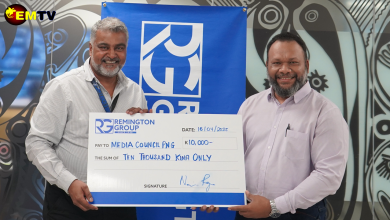Kosovo lawmakers dismiss government in no confidence motion
Image: Kosovo’s Prime Minister Isa Mustafa attends a parliament session in Pristina, Kosovo, May 10, 2017. REUTERS/Agron Beqiri
By Fatos Bytyci
PRISTINA (Reuters) – Kosovo lawmakers voted on Wednesday to dismiss the government of Prime Minister Isa Mustafa in a no-confidence motion, triggering a snap parliamentary election next month.
Seventy-eight MPs in the 120-seat parliament voted to dismiss the cabinet, which the opposition had accused of failing to meet its campaign pledges and creating public distrust.
Following the vote, President Hashim Thaci dissolved parliament. According to the constitution, the election has to be held within 45 days.
A new election will further postpone the adoption of a demarcation deal with Montenegro, key for the European Union to lift its requirement of needing a visa to travel to Kosovo.
It will also temporarily stall EU-sponsored talks between Kosovo and Serbia, key for both countries to progress towards membership in the European Union.
“Regret today’s no-confidence vote of the Kosovo Assembly. Pol leaders, institutions mustn’t lose sight of great challenges Kosovo faces,” EU Commissioner for Enlargement Johannes Hahn tweeted.
In a speech to the parliament ahead of the vote, Mustafa said his government has done a good job in tackling unemployment and maintaining a low public debt.
“In my government there are no corrupt people,” he said.
However, in the past 18 months, the work of parliament has been interrupted by incidents including street riots, opposition deputies throwing teargas and firing of a rocket-propelled grenade at the building.
Valdete Bajrami, from the opposition party NISMA who initiated the motion, told parliament: “Our country needs a new direction.”
The 78 lawmakers who voted out the government included the biggest party in the governing coalition, but not the prime minister’s own party.
Thaci is expected to set an election date in the coming days.
Kosovo broke with Serbia in 1999 after a NATO bombing campaign halted a campaign of “ethnic cleansing” directed against ethnic Albanians by Serbian forces trying to stamp out a two-year insurgency and declared independence in 2008.
It has been recognised by more than 100 countries, including Western powers, but not by Serbia and its big-power ally Russia or several EU members such as Spain.
(Reporting by Fatos Bytyci; Additional reporting by Gabriela Baczynska in Brussels; Writing by Ivana Sekularac; Editing by Alison Williams)
Copyright 2017 Thomson Reuters. Click for Restrictions.






